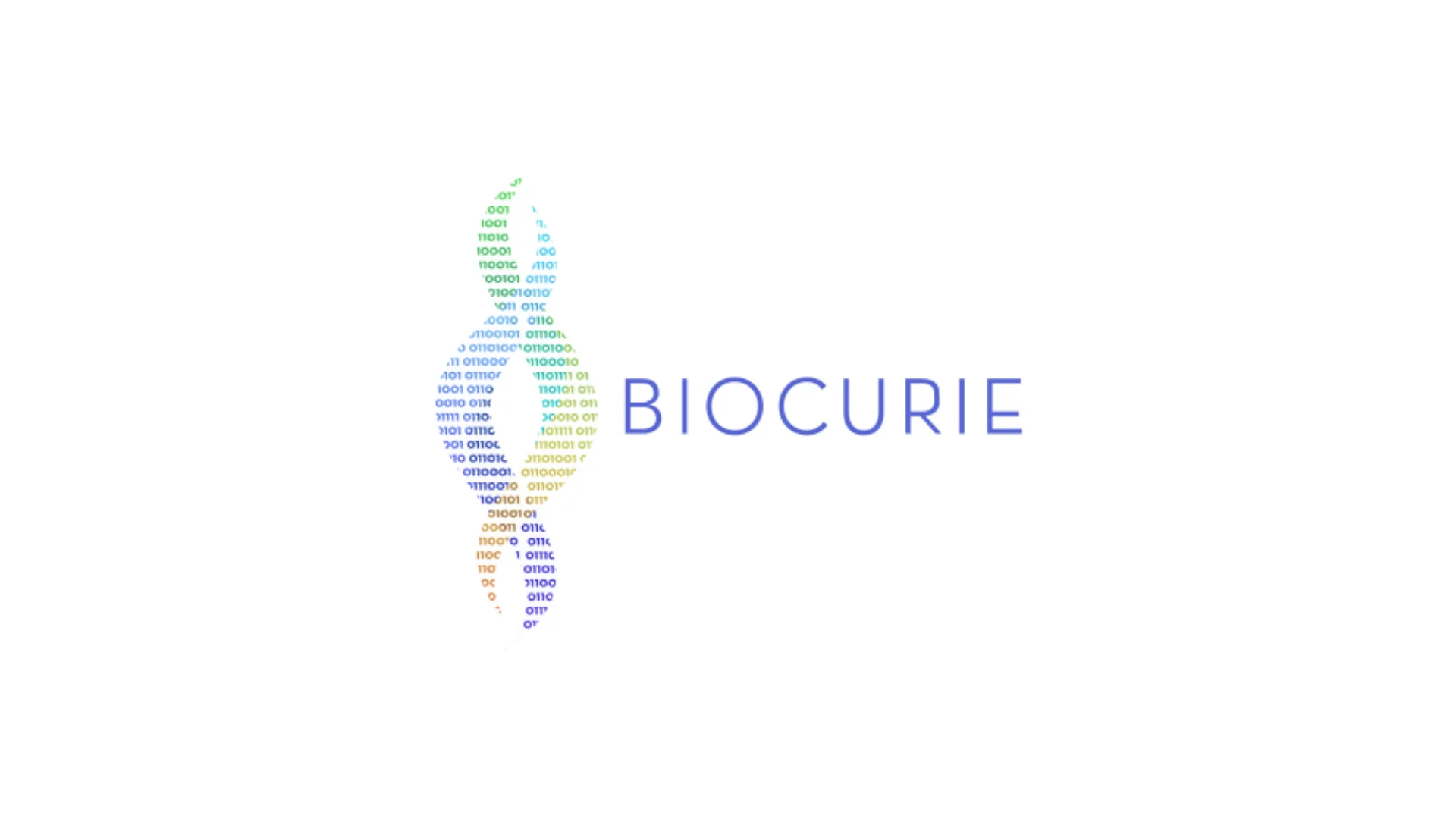
Overview
With her co-founder Professor Richard Braatz, PhD, of MIT, Irene Rombel, PhD, MBA, aims to make innovative cell and gene therapies more accessible for people living with devastating rare diseases by overcoming the manufacturing dilemmas plaguing these treatments.
Cure: First, tell us about cell and gene therapies.
Rombel: Cell and gene therapies allow you to treat and cure patients with diseases that are not addressable by conventional therapeutics, such as small molecules or antibodies. It's exciting that we’ve figured out how to regulate gene expression and use that to treat or cure rare diseases, such as Duchenne muscular dystrophy, sickle cell disease, hemophilia and certain cancers. After decades of research, about 3,000 therapeutic candidates are in preclinical development and clinical trials for various diseases.
Cure: What is the holdup in getting these therapies to the patients who need them?
Rombel: These innovative therapies are very complex, which makes them incredibly challenging to manufacture. The manufacturing process is also complex and requires many very labor-intensive steps, driving up the cost. That’s why the gene therapies approved to date cost millions of dollars. This is a crisis in the industry, and for patients.
Cure: So, what’s your technology solution to this dilemma?
Rombel: BioCurie has developed a powerful proprietary AI-driven technology called the mAI-BioCurieTM platform. It allows us to turn data into actionable knowledge to improve the production of cell and gene therapies. This software can do millions of experiments on a computer instead of a few hit-or-miss empirical experiments in the lab. It transforms process development and swiftly gets to the optimal recipe. The same software also ensures the therapies will get manufactured consistently — it becomes part of the process control strategy. The software platform produces a digital twin, which is an in silico copy of the real process. Our vision is to bend the cost curve so that cell and gene therapies become affordable — a win for patients and industry.
Cure: You’ve had an interesting career, holding several different roles. Tell us more about that.
Rombel: I’m a biochemist and molecular biologist by training, focusing on regulating gene expression. I worked on DNA vaccines and synthetic biology in the early days. Coincidentally, as part of my research, I designed and built genes. I was doing this by hand at that point, which was very time-consuming, so I pulled in some of my bioinformatics colleagues to write some code. So, even though I’m not a coder, I've had my hand in data-driven innovation for over 20 years. As an assistant professor in academia, I was interested in the business side, so I got an MBA and became a hedge fund analyst. Then, I started my own consulting business to advise life science companies. Then, I moved into biopharma, where I worked on several different therapeutic areas. So, I feel BioCurie is the culmination of all of my experiences throughout my career.
Cure: So how did BioCurie come about?
Rombel: Serendipity played a big role. In May 2021, I came up with the idea of innovating cell and gene therapy production by harnessing AI, driven by the emerging need I saw in the industry. About a month later, I met Professor Richard Braatz, the world leader in AI for manufacturing from MIT, at a biomanufacturing conference. I'd already read his papers on gene therapy modeling. He had the same vision and passion, so we decided to join forces and create a disruptive technology company to address the looming manufacturing crisis in the industry.
Cure: And what about the name BioCurie — how did you come up with it?
Rombel: I'm Polish and the daughter of Polish working-class immigrants. When I was 12, I learned about Marie Curie. To read about this amazing Polish scientist who did something phenomenal in medicine and science and won two Nobel Prizes. I thought that was what I wanted to do — to be a scientist! I've had a singular focus ever since. In high school, I loved chemistry and biology. So, I pursued biochemistry because that combined the best of both worlds, and it would allow me to impact medicine. That was one of my real drivers going into science — to help people. When I needed to give the company a name, I wanted it to reflect my passion and my inspiration, so I combined Marie Curie with Bio.
Cure: If BioCurie were to win the Cure Xchange Challenge, what would that mean to you?
Rombel: Winning the Cure Xchange Challenge would be transformative for BioCurie. First, the funding would help us complete and launch the world’s first commercial AI-driven software for gene therapy production. Second, access to the world-class advisory board of Cure would be invaluable. And third, we're excited to explore potential collaborations with gene therapy companies in New York. That would be a trifecta win for BioCurie!








